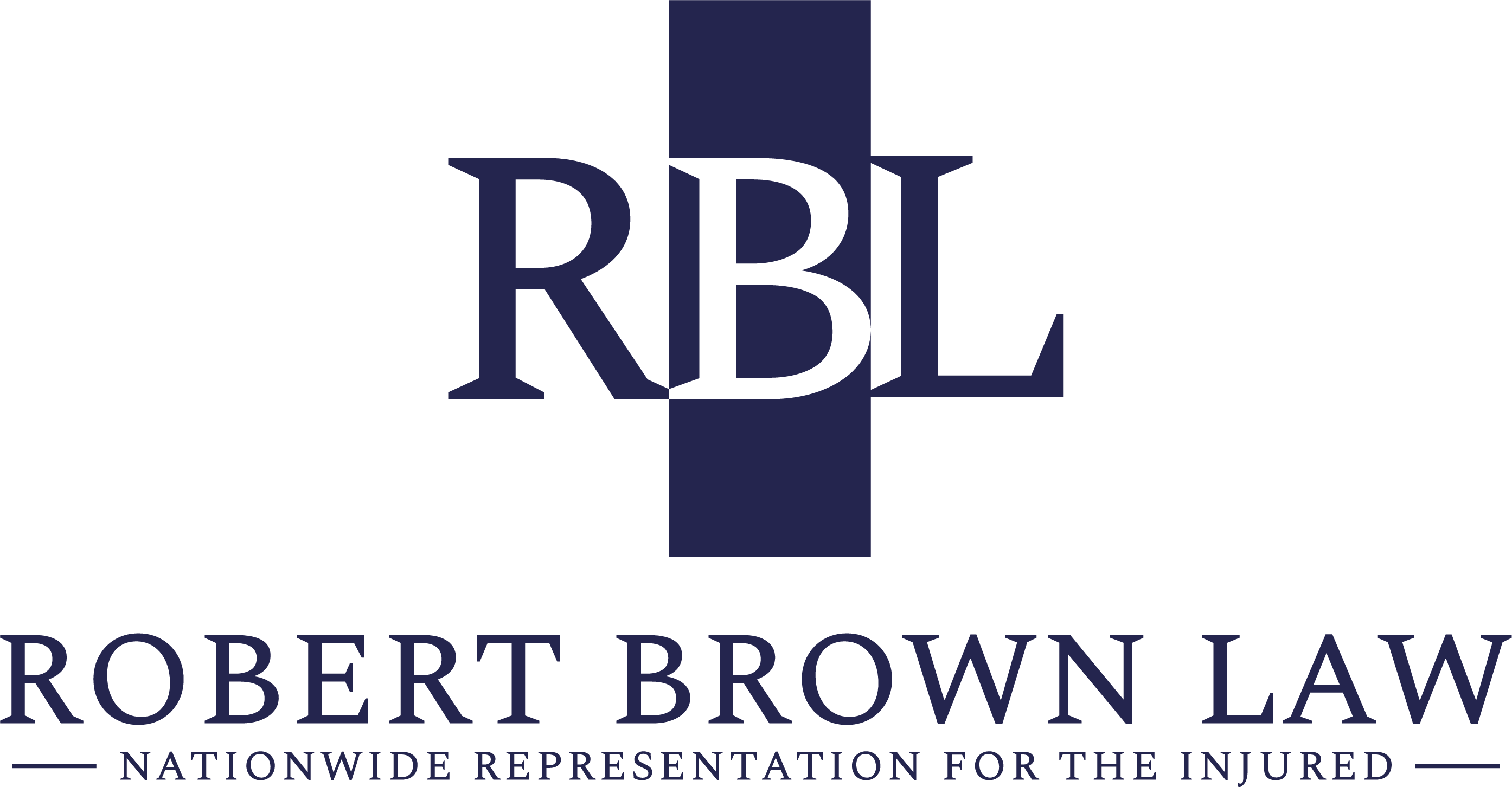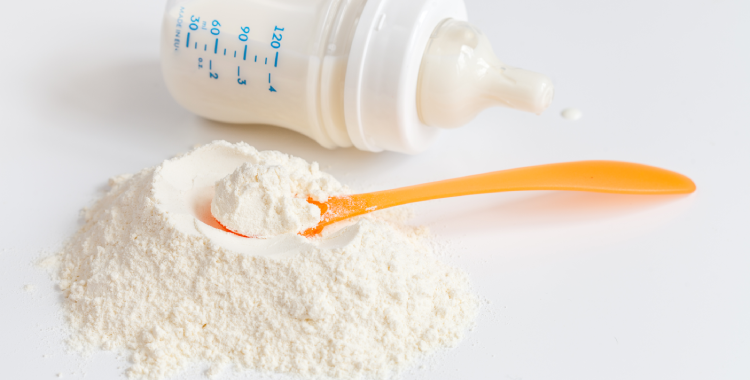Baby Formula NEC Lawsuit
Much-needed financial compensation may be available to the families of premature babies who developed necrotizing enterocolitis (NEC) after being fed baby formula at home or in the NICU. Despite strong and consistent evidence indicating that the risk of NEC is significantly increased in pre-term babies who consume infant formula made with cow’s milk, manufacturers like Abbott Nutrition and Mead Johnson have aggressively marketed their bovine-based infant formula products to parents and caregivers, claiming that they are equivalent to or even superior to breastmilk. If you or hospital staff fed your premature child a cow’s milk-based formula like Enfamil or Similac, and your child developed necrotizing enterocolitis, contact Robert Brown Law as soon as possible. Our caring and compassionate lawyers are pursuing legal claims for the families of premature babies who suffered lasting injuries or died from NEC after consuming a cow’s milk-based infant formula product, and we can help you determine whether you may qualify for compensation.
Infant Formula NEC Studies
The research linking baby formula made with cow’s milk to an increased risk of NEC dates back decades. In one of the earliest studies to look at the rate of NEC in extremely-low-birth-weight infants fed bovine-based baby formula products, researchers found that exclusively formula-fed babies were six to ten times more likely to develop NEC than babies fed breastmilk alone, and three times more likely than babies fed formula plus breastmilk. In a study published in the Journal of Pediatric Gastroenterology and Nutrition in 2015, the researchers note that “The benefits of human breast milk (BM) for premature infants are well known; lower rates of infection and a lower incidence of necrotizing enterocolitis (NEC) are but [two] of the advantages conferred upon infants who are exclusively breast-fed.” However, not all women are able to breastfeed or exclusively breastfeed, and even those who can are often pressured to supplement with formula in order to ensure that the caloric and nutritional needs of their pre-term infants are met.
Even with growing awareness about the link between cow’s milk-based formula products and NEC, the rate of necrotizing enterocolitis among premature babies remains a serious public health concern. In fact, a study published in the journal JAMA Pediatrics in July 2022 identified NEC as one of the leading causes of death among extremely pre-term infants. Still, formula manufacturers continue to misleadingly promote their products as equivalent or superior to breastmilk for low-birth-weight babies. In the midst of growing concerns about the potential health risks of formula feeding for premature infants, the AAP in June 2022 issued new guidelines recognizing breastfeeding and human milk as the normative standards for infant feeding and nutrition and discouraging unnecessary supplementation with commercial infant formula. The AAP also recommended that hospitals and provider offices eliminate the distribution of free formula, which the organization warns sends a mixed message about “the equivalency of breastfeeding and commercial infant formula feeding.”
Formula Manufacturers Accused of Failure to Warn
Despite the known health risks associated with the use of cow’s milk-based formula in premature infants, these products contain no warnings about NEC side effects or specific guidelines for their safe use. As a result, the makers of widely used infant formulas like Similac and Enfamil now face a growing number of lawsuits filed by the parents of infants who developed or died from necrotizing enterocolitis. Among other things, these baby formula NEC lawsuits allege that the manufacturers knew or should have known that bovine-based infant formulas increase the risk of NEC in premature babies and not only failed to warn parents about this risk, but specifically marketed their products to them. Devastated parents and families are lining up to sue these formula manufacturers for significant damages related to their baby’s traumatic injuries or death.
Necrotizing Enterocolitis
Necrotizing enterocolitis is a serious and potentially fatal gastrointestinal disease that primarily affects babies who are born prematurely. In babies with NEC, bacteria invade the intestines, causing the intestinal tissue to become inflamed and die. A hole may form in the intestinal wall, causing bacteria to leak into the abdomen or bloodstream, which can lead to serious illness or a deadly blood infection. In some babies, the health consequences of NEC are mild. However, others develop severe complications that require lifelong care or may even lead to death. Although the exact cause of NEC is not known, there is a great deal of research linking the devastating intestinal disease to infant formula and fortifier products made with cow’s milk. The American Academy of Pediatrics (AAP) warns that “compared with breastfeeding, […] there is an increased risk of infant mortality associated with other forms of infant feeding.” And research shows that pre-term babies who are fed bovine-based formula at home or in the neonatal intensive care unit (NICU) are between two and ten times more likely to develop NEC.
Contact Robert Brown Law for Qualified Legal Help
There is no doubt that maternal breastmilk or donor milk offers a number of health benefits over cow’s milk-based formulas like Enfamil and Similac, not the least of which is a decreased risk of NEC for pre-term babies. It is widely accepted in the medical community that premature babies who are fed cow’s milk-based formulas are more likely to develop NEC than babies who are fed breastmilk. Yet formula manufacturers like Abbott Nutrition and Mead Johnson continue to market their products to the parents of premature infants and even offer formulas and fortifiers they claim are “specifically formulated” for low-birth-weight babies. If your child suffered or died from NEC after being fed a cow’s milk-based infant formula or fortifier product at home or in the hospital, do not hesitate to contact Robert Brown Law. We specialize in product liability cases involving injuries from defective or unreasonably dangerous products, and we are standing by ready to help.

